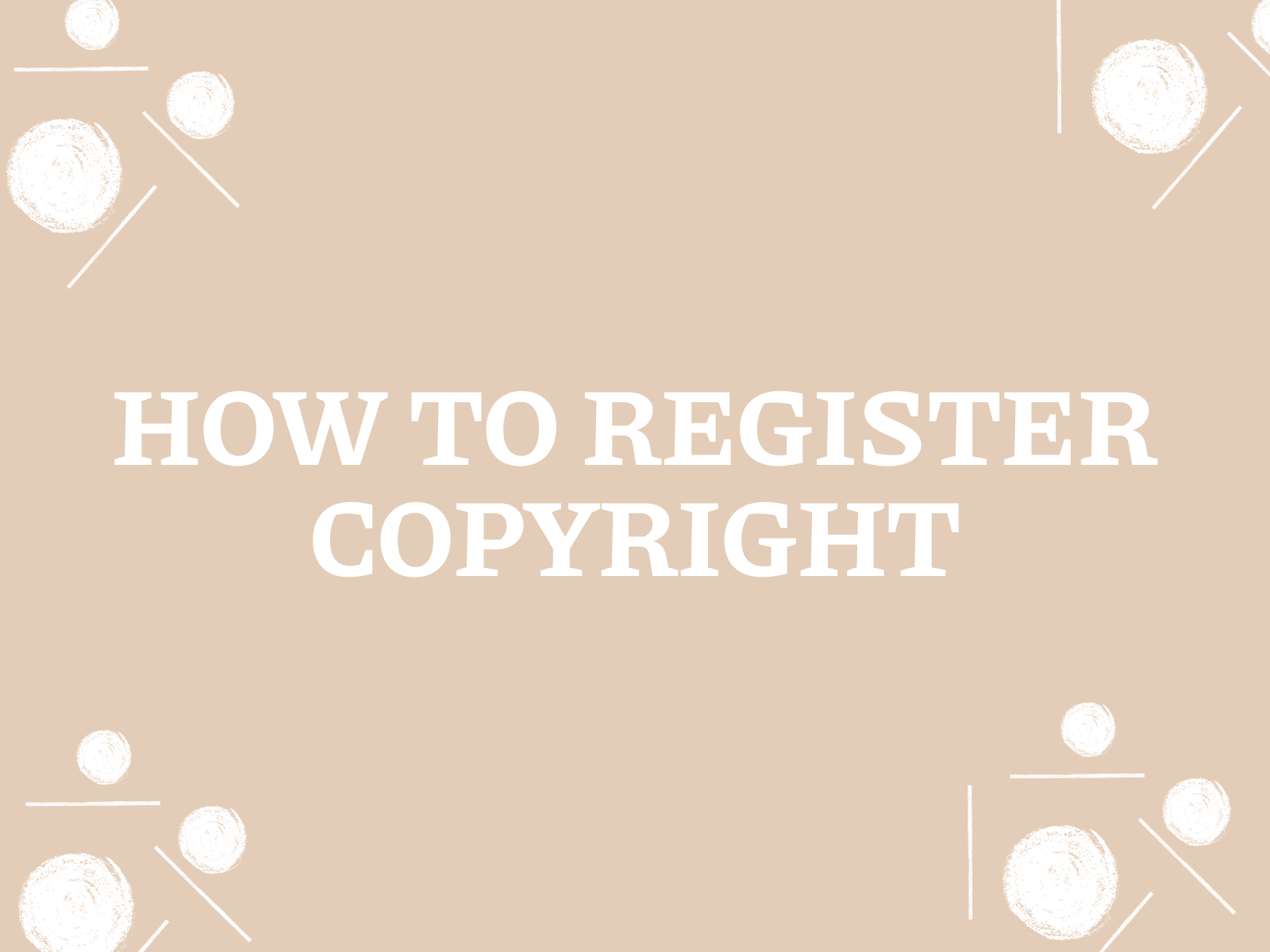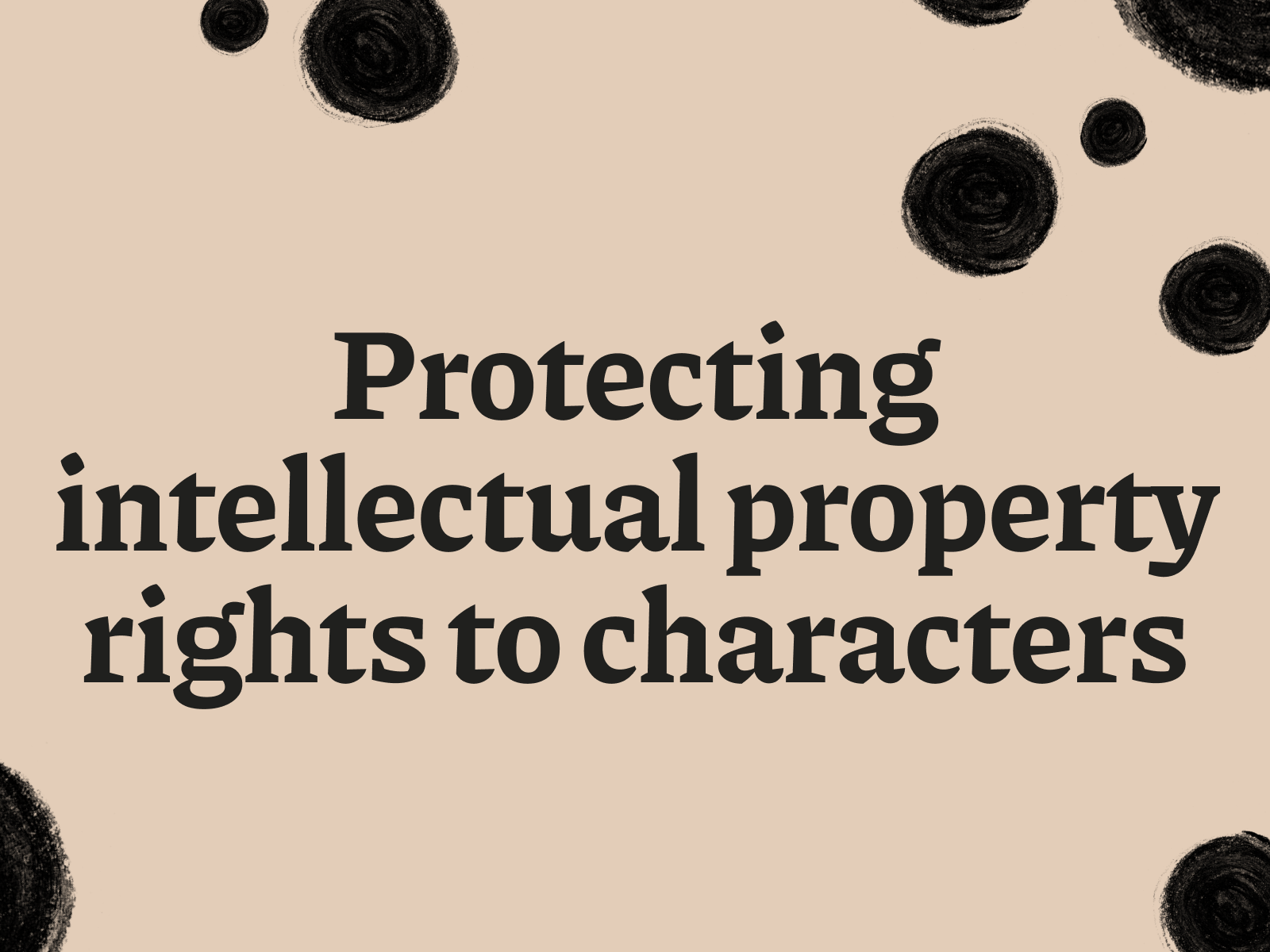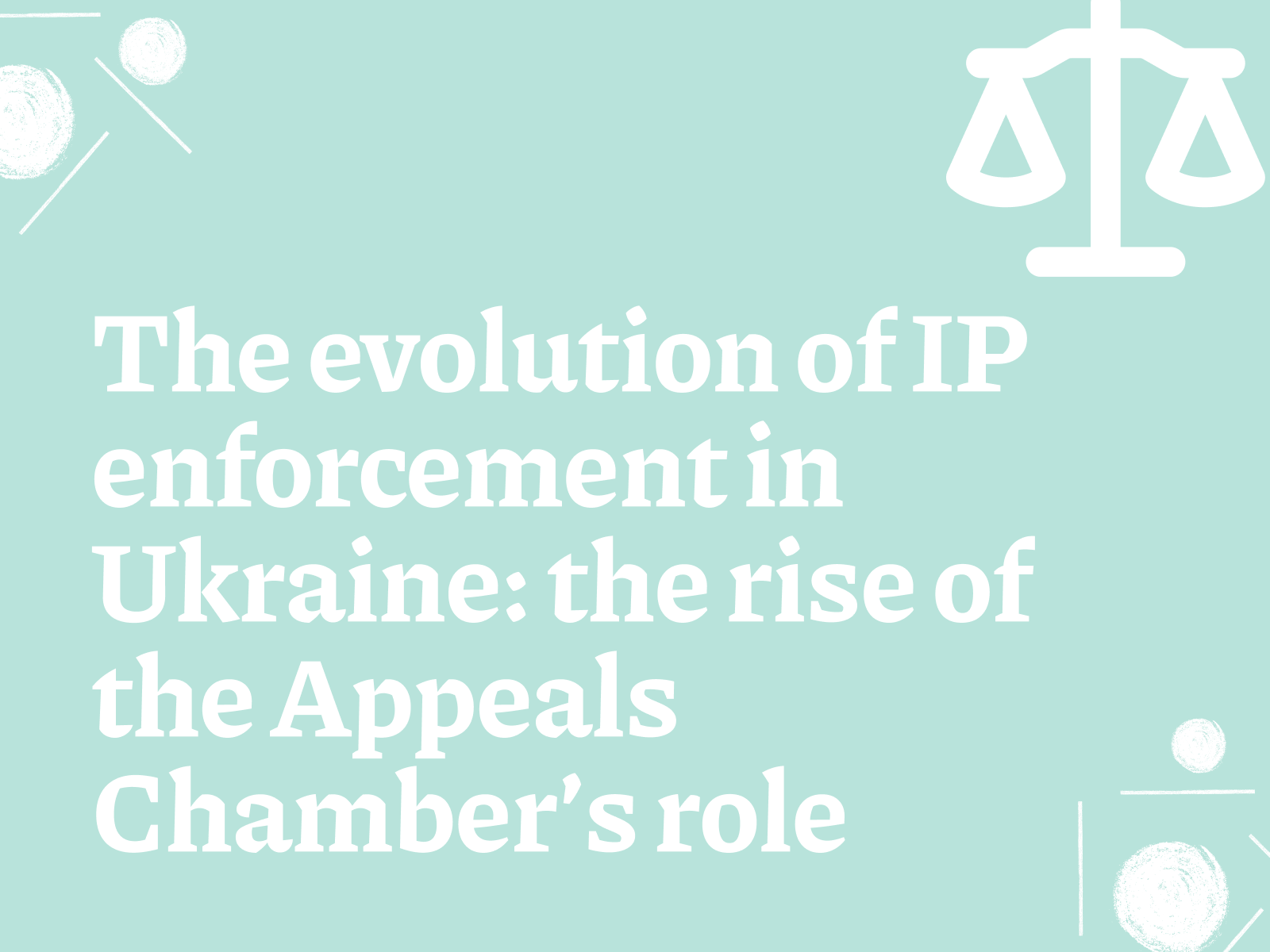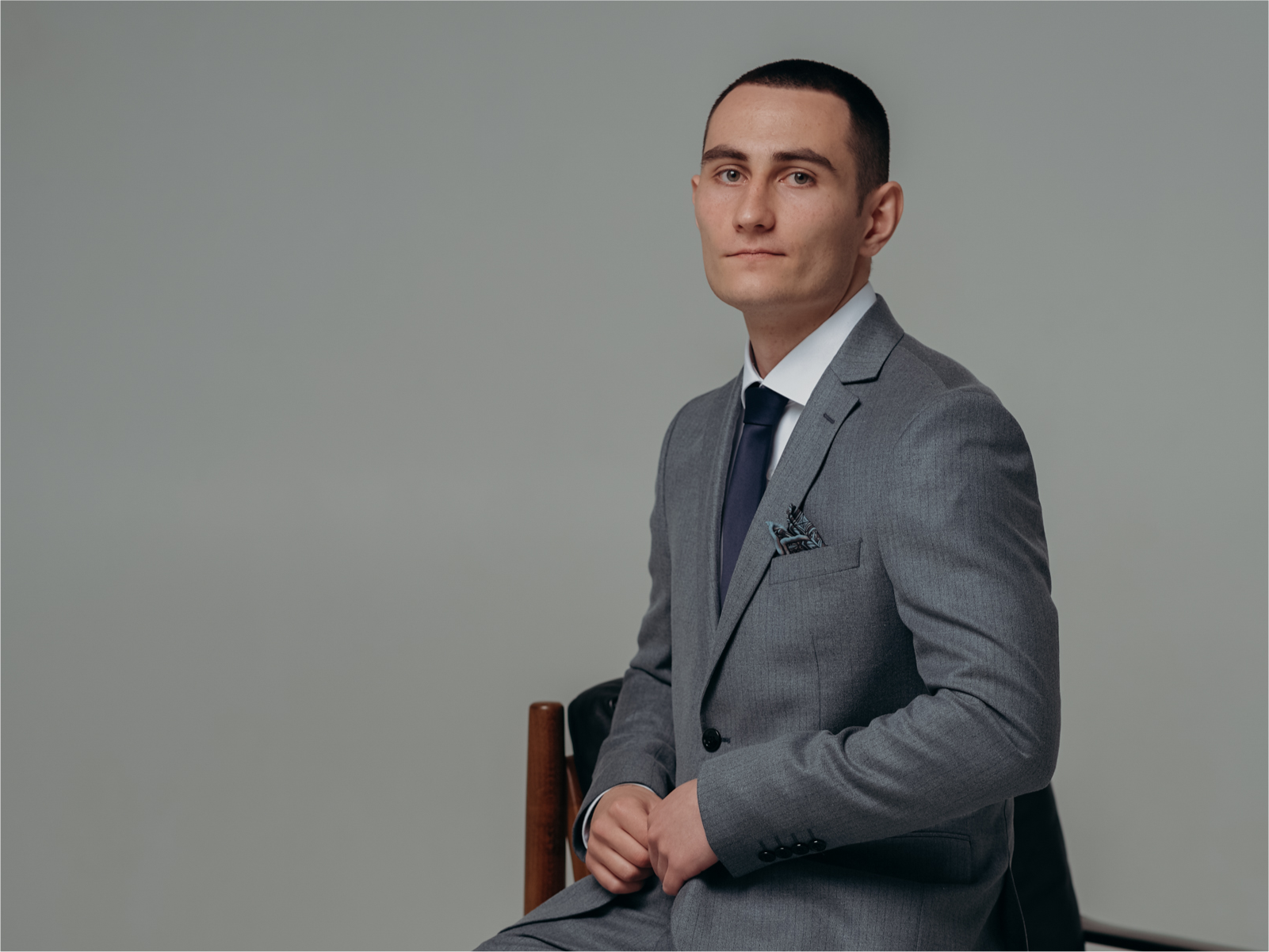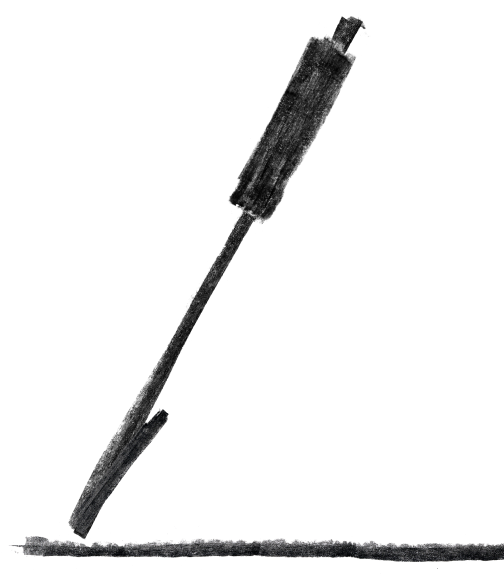Nowadays, intellectual property and copyright play a key role in protecting creative works and innovation. Whether it is literary works, software, videos or texts, a proper understanding and registration of copyright ensures that authors not only receive recognition for their work, but also legal protection against unlawful use of their works.
The registration process may seem complicated, but by understanding its stages and importance, you can effectively protect your rights and interests. In this article, we will look at the main aspects of copyright registration and the role of legal assistance in this process, ensuring that your intellectual property is reliably protected at the national and international levels.
What is copyright and intellectual property?
Copyright is an integral part of intellectual property that provides legal protection to creators of original works. These rights allow the author to control the use of his or her work, offering mechanisms to ensure respect and recognition of his or her contribution to culture and science. The importance of copyright in the modern world cannot be overstated, as it stimulates creativity and innovation by ensuring that authors are fairly rewarded for their work.
Copyright protects a wide range of creative works by giving authors exclusive rights to their works. This includes:
- Copyright in literature: literary works are among the most frequently protected objects of copyright. From classic novels to modern blogs, literary works embody the richness of human experience and imagination.
- Software copyright: in the digital age, software is becoming the cornerstone of technological progress. The protection of software code through copyright supports innovation and development in the field of information technology.
- Video copyright: video materials, from short clips to full-length films, carry a unique combination of visual and audio expression that requires protection to maintain the originality and creativity of the creators.
- The text is copyrighted: textual materials, regardless of their format, are the foundation of the transfer of knowledge and ideas. Protecting such materials is critical to preserving the author’s contribution and encouraging new literary and scientific research.
Understanding these categories allows authors to be aware of their rights and obligations, and provides a basis for protecting their work in the legal field. In the future, awareness of your rights and the proper registration process is the first step towards successful protection of intellectual property.
Now that we have reviewed the basics of copyright and the importance of understanding it for every creator, the next section will focus on the copyright registration process. This process is key to ensuring the legal protection of your intellectual works and requires careful study and understanding.
Copyright registration process
Copyright registration is an important step in protecting your creative work. While in many countries copyright arises automatically from the moment a work is created, formal registration provides additional benefits, including legal proof of creation and ownership of the work;
Here is the general registration process:
- Determining the object of registration: make sure that your work falls under copyright protection (literature, software, videos, texts).
- Prepare the necessary materials: Gather all the necessary documents and materials that confirm your authorship and content of the work.
- Submitting an application: fill out and submit an application for registration to the national intellectual property office, attaching all the necessary documents and materials.
- Payment of the state fee: pay the statutory state fee for registration.
- Expectations for the application review: the agency will check the submitted materials for compliance with the requirements of the law.
- Obtaining a certificate of registration: after the application is approved, you will receive an official certificate of copyright registration.
Peculiarities of copyright protection abroad
To protect your work outside of your home country, it is important to understand the specifics of international copyright. International protection can be provided through a number of international treaties, such as the Berne Convention for the Protection of Literary and Artistic Works, which allows authors to obtain protection in all member states without having to register in each country. Important aspects:
- Automatic recognition: most countries recognise copyright without the need for additional registration through international treaties.
- National regime: authors enjoy the same rights as citizens of the country where they seek protection for their work.
- Duration of protection: copyright usually protects a work for the life of the author plus 50-70 years after his or her death, depending on the laws of a particular country.
Registering and protecting international copyright requires a thorough understanding of international treaties and the laws of the countries in which you want to protect your work. In some cases, it may be necessary to register or file an application in individual countries to obtain additional protection.
By following these guidelines, you will be able to effectively register and protect your copyright both domestically and internationally. In the next section, we will discuss how legal advice and assistance can facilitate this process and ensure the best possible protection for your creative works.
Legal assistance in copyright registration
Consulting with a lawyer specialising in intellectual property and copyright is an important step for anyone seeking to protect their creative work. Legal support is necessary not only for the correct execution and submission of documents for copyright registration, but also to ensure comprehensive protection of your rights in the future;
Lawyers can help you:
- Determine whether your work is subject to copyright protection: not all creative works can be protected by copyright. Lawyers will help you determine whether your work meets the criteria.
- Prepare the necessary materials for registration: our lawyers have experience in preparing and executing all the necessary documents, which reduces the risk of rejection of the application due to formal errors.
- Advice on how to protect your rights in case of violation: in case of unlawful use of your work, lawyers will offer the most effective ways to protect and restore your rights.
Choosing a good lawyer is a key moment in the process of protecting your copyright.
Here are some tips on how to choose the right specialist:
- Specialisation: шукайте юриста, який спеціалізується на інтелектуальній власності та авторських правах. Такий фахівець буде краще обізнаний про нюанси та останні зміни в законодавстві.
- Experience with similar cases: having experience in handling cases similar to yours increases the chances of successfully defending your interests.
- Reputation: feedback from other clients and recommendations from colleagues can tell you a lot about the quality of a lawyer’s work.
- Communication: it is important that you can easily communicate with your lawyer and that he or she clearly explains all aspects of your case.
Seeking legal assistance when registering copyrights and protecting your intellectual property is an important investment in the security of your work. Professional legal advice and support will not only help you avoid potential legal difficulties, but also ensure that your rights are protected in the event of a violation. In a world where intellectual property is becoming an increasingly valuable asset, legal support is a key element in ensuring that your creative achievements are respected and recognised.
Conclusions
Knowing and understanding the copyright registration process is an integral part of protecting your intellectual and creative achievements. From the identification of copyrightable works such as literature, software, video and text to the comprehensive registration and protection at the national and international levels, each step is important in ensuring that your rights and interests are protected.
Seeking legal advice and seeking the help of good lawyers not only simplifies this process, but also provides the necessary support to avoid legal problems in the future. Professional legal advice will help you navigate the complexities of intellectual property law, ensuring that your creativity is protected.
What is the process of copyright registration for a work?
Copyright arises and is protected from the moment your work is created. That is, when you have completed work on your work, it is already subject to legal protection. At the same time, copyright protection is not limited to a certain territory and is valid all over the world.
State registration of such a work is not required for copyright and its further protection. Copyright registration serves only as an official proof of your authorship and the date of creation of your work.
Average time for copyright registration in Ukraine: 3-4 months.
To register a copyright, you must submit to the registration authority an application for copyright registration, a copy of your work and a document confirming payment of the state fee for such registration.
The peculiarity of copyright registration is that the registration authority does not check the work for compliance with the requirements of legal protection. That is, such a body will not check whether you are the author of such a work or whether it is original. As part of the registration process, it checks only for compliance with formal requirements – the correctness of the application and its documents.
If all the application materials are correctly prepared, the examiner will decide on the registration of copyright in the work. As a result, you can receive a paper or electronic certificate of registration, at your choice.
Copyright is valid during the life of the author and for another 70 years after his or her death. A copyright registration certificate does not need to be extended or renewed;
What types of works can be protected by copyright?
Copyright protects works that are original intellectual creations of the author (co-authors) in the field of science, literature, art, etc., expressed in an objective form.
Accordingly, your work must be original and expressed in an objective form (e.g., a recording, drawing, image, etc.). Copyright protects this form of expression, i.e. the text, image or recording of a particular work, but does not protect the ideas and concepts embedded in such a work.
The objects of copyright are works in the field of literature, art, science, etc:
- literary works of fiction, journalistic, scientific, technical or other nature (books, brochures, articles, etc.) in written, electronic (digital) or other form;
- speeches, lectures, speeches, sermons and other oral works;
- musical pieces with and without lyrics;
- dramatic, musical-dramatic works, pantomimes, music and light shows, circus performances, choreographic and other works created for stage performance and their productions;
- theatrical performances, stage adaptations of works referred to in clause 1 of this part, and processing of intangible cultural heritage suitable for stage performance;
- audiovisual works;
- texts of translations for dubbing (including dubbing), subtitling audiovisual works in other languages;
- works of fine art;
- photographic works;
- works of applied art, including works of decorative weaving, ceramics, carving, casting, art glass, artistic forging, jewellery, etc;
- works of architecture, urban planning, gardening and landscape art;
- works of artistic design;
- derivative products;
- collections of works, collections of works on intangible cultural heritage, encyclopaedias and anthologies, collections of ordinary data, other compiled works, provided that they are the result of creative activity in selecting or organising content;
- Illustrations, maps, plans, drawings, sketches, plastic works related to geography, geology, topography, engineering, construction and other fields of activity;
- computer programs;
- databases (compilations of data), if they are the result of intellectual activity in terms of selection or arrangement of their components;
The list of copyright objects is not exhaustive. It changes and is supplemented along with the development of society.
Not protected by copyright:
- reporting news or other facts that are in the nature of ordinary press information;
- expression of folk art (folklore);
- acts of state authorities, local self-government bodies, official political, legislative, administrative and judicial documents (laws, decrees, resolutions, decisions, state standards, etc.), as well as their drafts and official translations;
- state symbols, state awards; state signs, emblems, symbols and signs of state authorities, the Armed Forces of Ukraine and other military formations of Ukraine approved by state authorities; symbols of territorial communities of Ukraine approved by the relevant local authorities;
- banknotes;
- vehicle schedules, television and radio broadcast schedules, telephone directories and other similar databases that do not meet the criteria of originality and are subject to sui generis rights;
- abbreviations;
- photographs that have no signs of originality (are not photographic works).
What documents and materials are required to apply for copyright registration?
To register copyright in a work, you need to:
- Surname, name, patronymic of the author (pseudonym), date of birth
- Registration address
- Identification code
- Date of completion
- Information on the facts of publication (disclosure) of the work (whether your work has been published anywhere before submitting the application)
- Title and annotation to the work
- Copy of the work (in electronic form if the application is submitted electronically; in paper form if the application is submitted in paper form)
- A power of attorney if the application is submitted by a representative.
How long does the copyright registration process take?
Copyright registration takes 3-4 months on average. These terms may be shorter, as everything depends on the workload of the registration authority.
Can I register copyright for several works at the same time?
There are no restrictions on the number of works that can be registered by one person. At the same time, one work is registered within one application. You can submit several applications for registration in parallel.
If you are the author of several works, for example, poems, and you want to register them all within one application, you can submit a collection of works for registration. Such a submission will optimise the registration budget. However, it will make it more difficult to protect each individual work.

